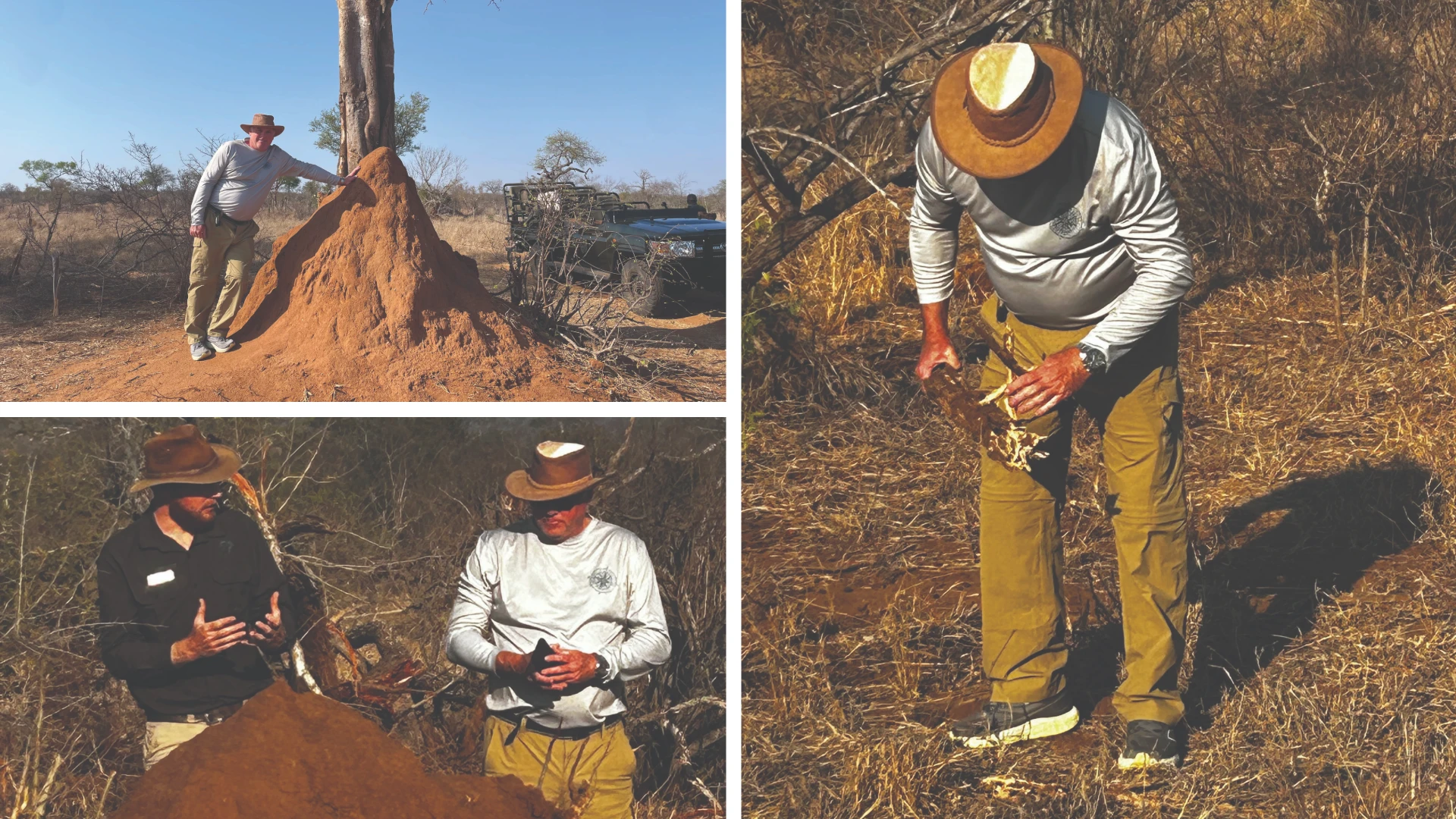
RALEIGH, N.C. — Zach DeVries, a postdoctoral researcher in the lab of entomologist Coby Schal, has received a National Institutes of Health Director’s Early Independence Award, part of the federal agency’s High-Risk, High-Reward Research program. The award will provide $250,000 per year for five years.
DeVries will use the award to expand upon his previous findings that bed bug produced histamine is substantial and persistent in bed bug infested homes. He will look to comprehensively document the prevalence and distribution of histamine in homes infested with bed bugs and determine the health risks of exposure to environmental histamine, both of which are critical to promote human health and well-being indoors.
DeVries, who will begin a tenure-track position at the University of Kentucky in January 2020, uses his research to address a wide range of questions relating to indoor pests, such as bed bugs and cockroaches. A recent study focused on the efficacy of total release foggers – so-called bug bombs – on cockroaches and the homes in which they are released.
According to the NIH, the High-Risk, High-Reward Research program supports exceptionally creative scientists pursuing highly innovative research with the potential for broad impact in biomedical, behavioral or social sciences within the NIH mission.
The NIH Director’s Early Independence Award, established in 2011, provides an opportunity to support exceptional junior scientists who have recently received their doctoral degree or completed their medical residency to skip traditional post-doctoral training and move immediately into independent research positions.
DeVries is one of only 13 individuals selected from across the country for this honor in 2019.
DeVries completed bachelor’s and master’s degrees at Auburn University and his Ph.D. at NC State. He is an active member of the Center for Human Health and the Environment, an NIEHS-funded environmental health science core center at NC State.
Latest from Pest Control Technology
- Kingfish Pest Control Named to University of Georgia Alumni Association’s Bulldog 100
- Aruza Pest Control Acquires Obex Pest Defense
- Veseris for Success
- Stucco Remediation, Mold and Termites
- 1st Choice Pest Solutions Participates in Local Food Drive
- Graduate Pest Solutions Gives Back to Rick's Place, Halfway Home Cat Rescue
- Most Downloaded From PCT Online in 2024
- Truly Nolen's George Lawlor on Overcoming Employee Retention Challenges





